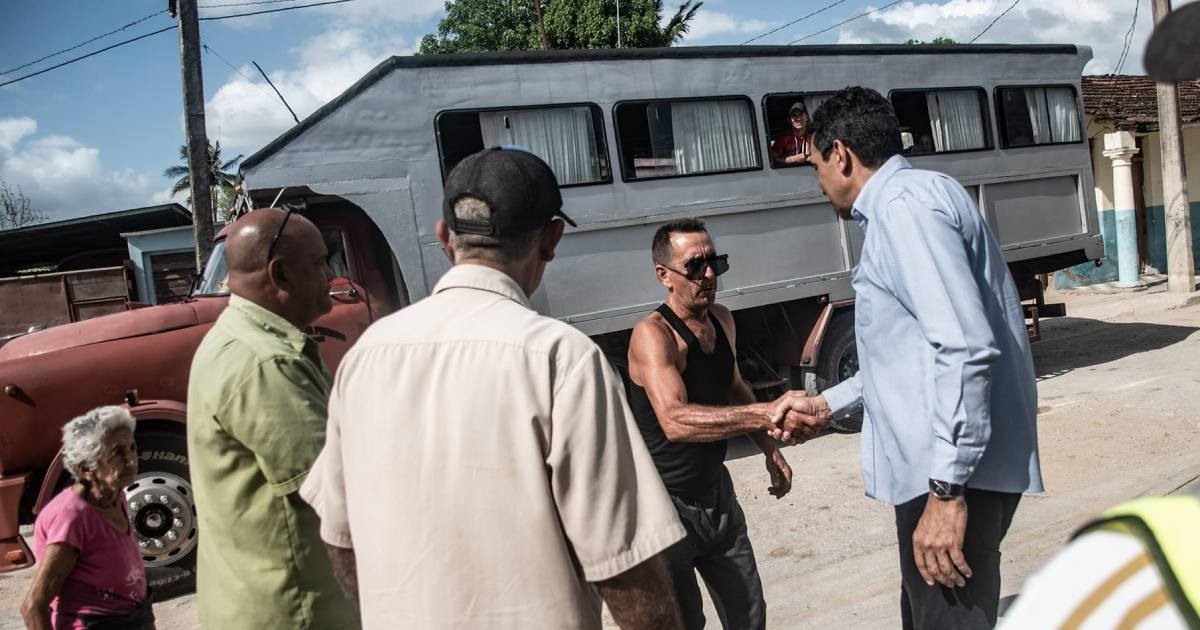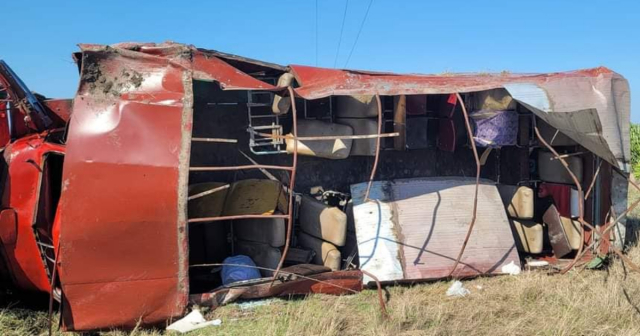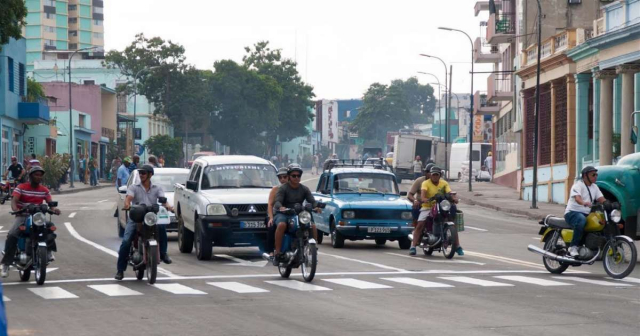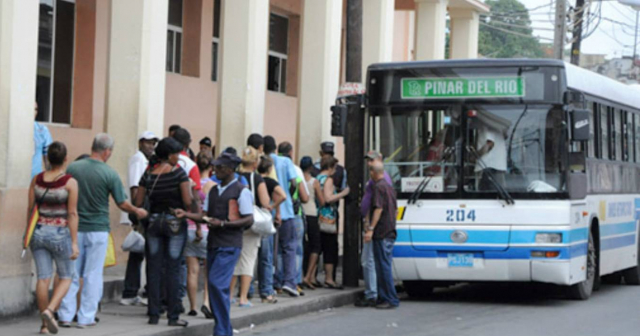
A private truck driver in Cuba confronted the Minister of Transportation, Eduardo Rodríguez Dávila, about the exorbitant costs drivers on the island face to keep vehicles in optimal condition.
The conversation was in a public space, on a street in Sibanicú. The minister himself narrated the meeting on his social networks, where he usually opens debates with his followers about the transportation situation in Cuba.
The driver, visibly frustrated, highlighted the disparity between the official prices and the real costs that transporters must assume, in spare parts, supplies and fuel.
"A tire costs 100 thousand pesos," exclaimed the driver, pointing out that the price of tires had risen from 60,000 to 70,000 in previous months, and was already setting a new record.
This increase leaves a deep hole in the pocket of the transporter who must guarantee the correct condition of the ten tires that his truck requires. He showed that one of the tires had a crack and attributed it to the poor quality of the roads in the country.
In addition, he highlighted the high cost of oil, necessary for the maintenance of the vehicle's engine. It amounts to 1,500 pesos per liter, adding more than 30 liters in each oil change.
The discussion also addressed the issue of fuels, which although officially have not seen an increase in the wholesale price, in practice are difficult to acquire at these costs, forcing drivers to face much higher rates, and not infrequently in foreign exchange.
The driver criticized the lack of analysis and consideration towards this type of situation, highlighting the difficulties that Cuban transporters face in maintaining their operations without an adjustment in the rates they charge for their services.
The Minister of Transportation began by warning that the driver of the passenger truck had rates placed on the vehicle's sticker that did not correspond to what he was actually charging the population. I was committing an infraction.
However, he acknowledged that the driver's complaints were fair and assured that his ministry is working to update and regulate the prices that private carriers can charge. He pledged to alleviate the economic burden they face.
He admitted that the situation of state transportation is critical, with more than 50% of the routes who serve paralyzed due to lack of resources.
The meeting highlights the complexity of transportation management in Cuba, where economic challenges mix with the needs of a population that depends largely on private services, because state services are paralyzed or inefficient.
This open dialogue between a driver and a senior official reflects a moment of public criticism and transparency that is rarely observed on the island. The minister promised to continue talks and look for solutions that help both transporters and service users in the country.
However, many Cubans believe that they are empty words because "one swallow does not make a summer." A single minister with will is not capable of solving the thousands of problems that Cuba has accumulated for decades, especially in the public transportation sector.
What do you think?
COMMENTFiled in:






